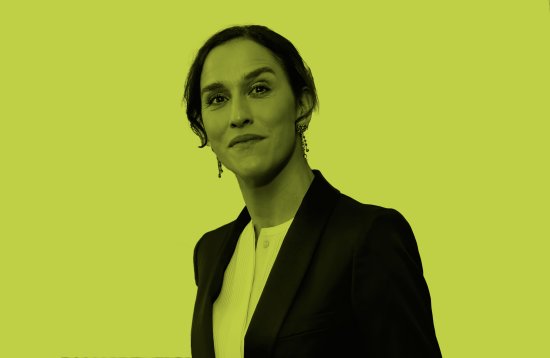
We need to change how women are depicted on film and television
I’ve been researching, developing and making Suffragette for almost 10 years—and the serendipity of feminist movements and statements that have come forth at the time of its release has been unanticipated and heartening.
Our team, which is predominantly female, went from Tina Brown’s Women in the World conference to a screening celebrating the founding of the British Women’s Equality Party, to sharing Jennifer Lawrence’s article in Lenny on the Hollywood pay gap, to the Mill Valley Film Festival, which focused this year on the gender disparity in wages, representation, and stories.
This confluence of timely feminist activity is so encouraging because there is still much to accomplish and many more fights to be won. The statistics in Hollywood are bleak year in and year out. At any given time only about 1% to 10% of movies are directed by women, and most of the time that figure is nearer to 1.
[time-brightcove not-tgx=”true”]
Why is this important? Movies are where we hold the mirror up to life—and if this mirror is in male hands most of the time, reflecting a male sensibility, seeing the world through male eyes, projecting a male voice—then this is another way of denying women a voice.
Only a fifth of the reviewers rating movies on Rotten Tomatoes are women. Those reviews recommend what is to be seen, and what is seen decides what is commissioned. No wonder there is still lack of movies with female leads, made by female directors, telling female stories.
The Equal Employment Opportunity Commission, which enforces federal employment discrimination laws, is eyeing Hollywood to see if the situation there represents a civil rights issue. The Geena Davis Institute on Gender in Media has compiled myriad figures proving what we already suspected—that how women are depicted on film and on television has a huge influence on the choices that girls make in their lives.
Role models and mentoring have long proved an effective way of injecting confidence in girls to venture where they formerly feared to tread. The predominance of female investigators in the CSI television series over the past 15 years has led to a huge influx of female applicants for that particular career. In my own journey as a director, I only dared put myself forward to train because I saw the work of female directors.
The statistics in film and television are particularly worrying for the message they send to millions of young women globally. We owe it to them to do better.
The gender pay gap in Hollywood is another reminder that society does not yet value the work of women as it does men. I am hopeful that the momentum of this moment will result in change that will benefit all. But, as the Suffragettes knew when campaigning for the vote, you can’t change the game unless you’re in the game. Let’s open the door.
Sarah Gavron is the director of Suffragette.
